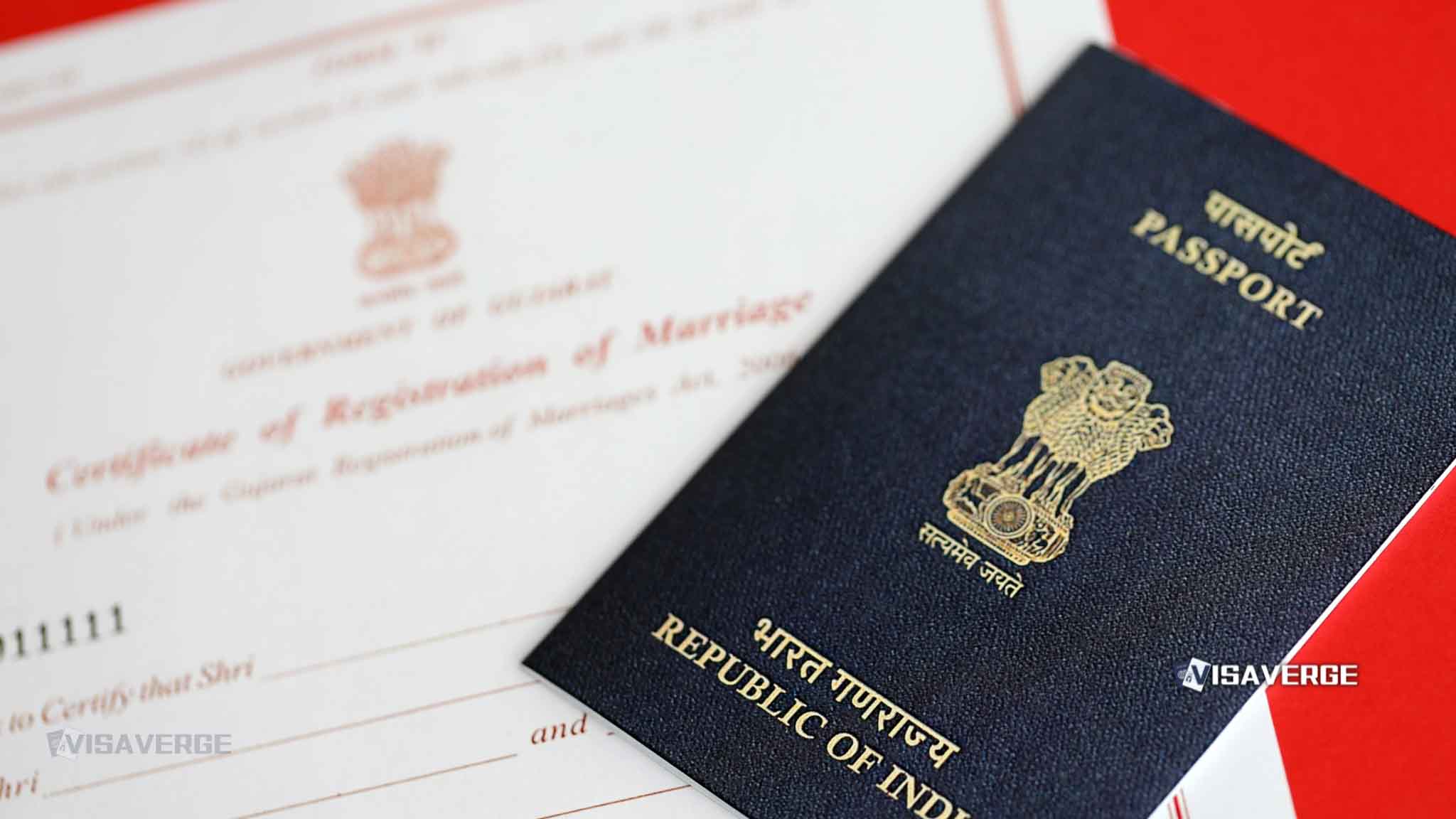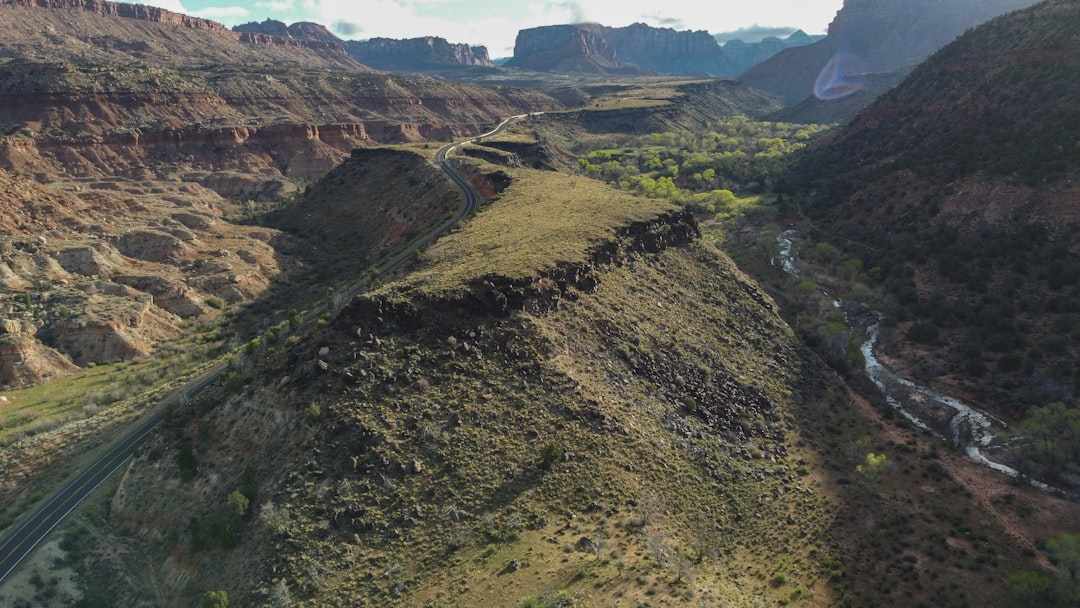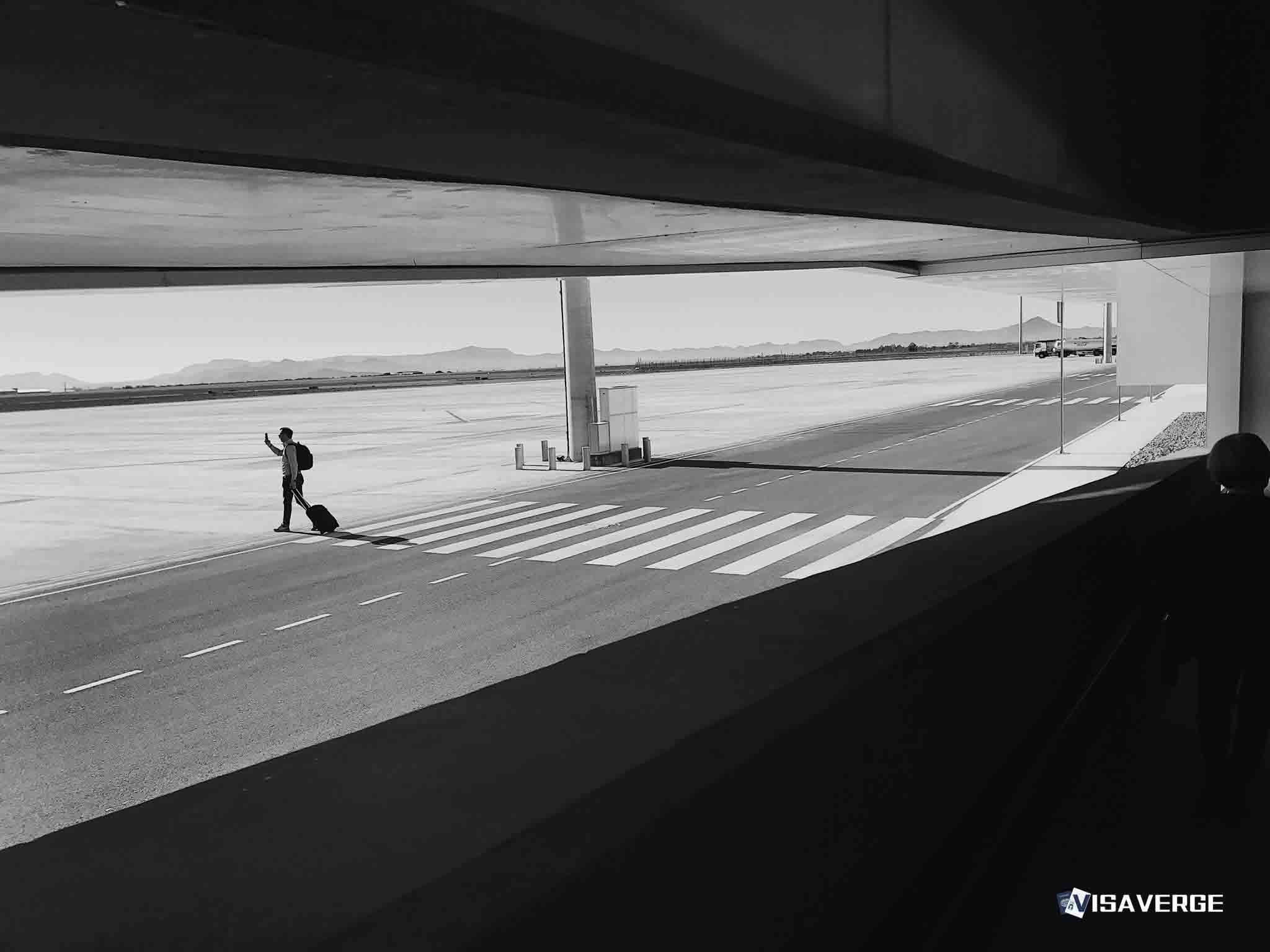Key Takeaways
• On May 18–23, 2025, Tanzanian authorities arrested, tortured, and deported activists Atuhaire and Mwangi.
• They were detained incommunicado, abused by military personnel, and abandoned at Kenya and Uganda borders.
• Human rights groups demand independent investigations; Tanzania denies wrongdoing and defends security measures.
On May 23, 2025, the world’s attention turned to Tanzania as reports emerged that Tanzanian authorities had arrested, tortured, and forcibly deported two well-known activists: Ugandan journalist Agather Atuhaire and Kenyan activist Boniface Mwangi. Both had traveled to Dar es Salaam to observe the treason trial of opposition leader Tundu Lissu. Their ordeal, which included four days of incommunicado detention and severe abuse, has sparked urgent calls for investigation and accountability from international human rights groups, regional governments, and civil society.
What Happened: The Arrest and Abuse of Two Activists

Who:
– Agather Atuhaire, a respected journalist from Uganda
– Boniface Mwangi, a prominent activist from Kenya
What:
– Arbitrary arrest, incommunicado detention, torture, and forcible deportation
When:
– May 18–23, 2025
Where:
– Arrested at the Serena Hotel in Dar es Salaam, Tanzania
– Released at the borders with Kenya and Uganda
Why:
– Both were in Tanzania to observe the high-profile trial of opposition leader Tundu Lissu, who faces treason and cybercrime charges. Their presence was part of a broader effort by regional civil society to monitor the fairness of the proceedings.
How:
– Arrested by Tanzanian immigration and police officers
– Held at an undisclosed location, denied contact with lawyers or families
– Subjected to physical and psychological abuse, allegedly by military personnel
– Abandoned at remote border posts, still suffering from injuries
Timeline of Events
May 18, 2025:
Atuhaire and Mwangi arrive in Tanzania as part of a civil society delegation to observe Tundu Lissu’s trial.
May 19, 2025:
Both are arrested at their hotel by Tanzanian immigration and police officers. No official explanation is given at the time.
May 19–22, 2025:
The activists are held incommunicado—meaning they are not allowed to contact anyone, including lawyers or family. During this time, they are reportedly beaten, tortured, and stripped naked by individuals believed to be Tanzanian military personnel.
May 22, 2025:
Boniface Mwangi is found abandoned at the Kenya-Tanzania border. He is visibly injured and in need of medical attention.
May 23, 2025:
Agather Atuhaire is found at the Uganda-Tanzania border, also showing clear signs of torture and trauma.
The Official Response: Tanzanian Authorities Double Down
President Samia Suluhu Hassan of Tanzania publicly defended the actions of her security forces. She referred to foreign activists as “foreign agents” and warned that “ill-mannered individuals from other countries” would not be allowed to “cross the line here.” These statements have been widely condemned by rights groups, who argue that such rhetoric gives cover to unlawful restrictions and abuse.
The Tanzanian government has not announced any investigation into the incident. Instead, officials have framed the crackdown as a matter of national sovereignty and security, dismissing concerns about the treatment of foreign nationals.
International and Regional Reaction
Human Rights Organizations:
Groups like Amnesty International and Human Rights Watch have called for immediate, independent investigations into the arrests, torture, and deportations. Tigere Chagutah, Amnesty International’s Regional Director for East and Southern Africa, stated:
“For four days, these two human rights defenders were subjected to unimaginable cruelty. Their ordeal highlights the dangers faced by human rights defenders in Tanzania and there must be accountability and justice. Amnesty International demands effective investigations be opened immediately.”
Regional Governments:
The foreign ministries of Kenya and Uganda intervened diplomatically, helping to secure the activists’ release and deportation. Both governments have expressed concern over the treatment of their citizens and have called for explanations from Tanzanian authorities.
Civil Society and Media:
Agora Discourse, a Ugandan rights group, confirmed Atuhaire’s release and described her condition as showing “indications of torture.” Boniface Mwangi, upon returning to Nairobi, said:
“We were both treated worse than dogs, chained, blindfolded and underwent a very gruesome torture.”
The Broader Context: A Pattern of Repression
This incident is not isolated. Tanzania has seen a growing crackdown on dissent, especially during election cycles. The government has used both legal and illegal means to silence critics, including arbitrary arrests, media restrictions, and harassment of non-governmental organizations (NGOs).
The activists were in Tanzania to observe the trial of Tundu Lissu, an opposition leader facing treason and cybercrime charges for social media posts calling for an election boycott. Many see Lissu’s prosecution as politically motivated, part of a broader effort to suppress opposition voices ahead of the October 2025 presidential and parliamentary elections.
Legal and Human Rights Concerns
The actions of Tanzanian authorities violate several international human rights treaties, including the African Charter on Human and Peoples’ Rights. Key violations include:
- Arbitrary Arrest: Detaining individuals without clear legal grounds or due process.
- Incommunicado Detention: Holding people without allowing them to contact lawyers or families.
- Torture and Abuse: Subjecting detainees to physical and psychological harm.
- Forcible Deportation: Expelling foreign nationals without proper legal procedures.
International law requires that all detainees be treated humanely, given access to legal representation, and protected from torture and abuse. Tanzania is a party to these treaties and is expected to uphold these standards.
For more information on Tanzania’s obligations under international law, readers can visit the African Commission on Human and Peoples’ Rights.
Implications for Stakeholders
For Human Rights Defenders and Journalists
This incident has sent a strong warning to activists, journalists, and civil society organizations operating in or traveling to Tanzania. The risk of arbitrary arrest, abuse, and deportation has increased, especially for those involved in monitoring political events or advocating for human rights.
Many organizations are now reconsidering their plans to send observers to Tanzania ahead of the October 2025 elections. The fear of similar treatment may lead to less independent oversight of the electoral process, raising concerns about transparency and fairness.
For Regional Relations
The episode has strained Tanzania’s relations with neighboring Kenya and Uganda. Both countries have demanded explanations and assurances that their citizens will be protected when traveling to Tanzania. The incident has also drawn international condemnation, putting pressure on Tanzanian authorities to change their approach.
For the Tanzanian Government
While the government claims to be protecting national security, its actions have damaged its international reputation. The crackdown on foreign activists may discourage investment, tourism, and cooperation with international organizations. It also risks isolating Tanzania from its neighbors and the broader international community.
For the General Public
Ordinary Tanzanians may face increased restrictions on freedom of expression and assembly, especially as the elections approach. The government’s hardline stance could lead to more arrests and abuse of both citizens and foreigners who are seen as critical of the authorities.
Step-by-Step Breakdown: What Activists Experienced
- Arrival:
- Agather Atuhaire and Boniface Mwangi arrive in Tanzania to observe a political trial.
- Arrest:
- Both are detained by immigration and police at their hotel without clear explanation.
- Incommunicado Detention:
- Held at an undisclosed location, denied any contact with legal counsel or families.
- Torture and Abuse:
- Subjected to severe physical and psychological abuse, reportedly by military personnel.
- Deportation:
- Driven separately to remote border posts and abandoned, still suffering from injuries.
- Discovery and Medical Care:
- Found by local contacts and rights groups, then placed under the care of family and friends.
The Chilling Effect: Impact on Civil Society
The treatment of Agather Atuhaire and Boniface Mwangi has created a climate of fear among activists and journalists. Many now worry that simply traveling to Tanzania for legitimate work could put them at risk. This chilling effect is likely to reduce independent monitoring of political events, making it harder to hold authorities accountable.
As reported by VisaVerge.com, incidents like this can discourage cross-border cooperation among civil society groups and make it more difficult for international organizations to operate in countries with poor human rights records.
International Law and Tanzania’s Obligations
Tanzania is a signatory to several international treaties that protect the rights of detainees and prohibit torture. These include:
- The African Charter on Human and Peoples’ Rights
- The United Nations Convention Against Torture
By arresting, torturing, and deporting foreign activists without due process, Tanzanian authorities have violated these agreements. International law requires that all detainees be treated with dignity, given access to legal representation, and protected from abuse.
What Rights Groups Are Demanding
Human rights organizations are calling for:
- Immediate, independent investigations into the arrests, torture, and deportations
- Accountability for those responsible, including security and immigration officials
- Protection for human rights defenders and journalists operating in Tanzania
- Reform of laws and practices that allow for arbitrary detention and abuse
Amnesty International and Human Rights Watch have both issued statements demanding urgent action. Agora Discourse, a Ugandan rights group, has also called for justice for Agather Atuhaire and Boniface Mwangi.
Looking Ahead: What’s Next for Tanzania and the Region?
Upcoming Elections
With presidential and parliamentary elections scheduled for October 2025, many fear that the crackdown on dissent will intensify. The government’s willingness to target foreign nationals suggests that local activists and opposition figures may face even greater risks.
International Pressure
Ongoing advocacy by rights groups and diplomatic pressure from neighboring countries may force Tanzanian authorities to moderate their approach or at least conduct investigations. However, without real accountability, similar incidents could happen again, further eroding human rights protections in Tanzania and the region.
Regional Impact
Analysts warn that if Tanzania faces no consequences for its actions, other governments in East Africa may feel emboldened to target activists and journalists. This could undermine regional efforts to protect human rights and democracy.
Practical Guidance for Travelers and Activists
If you are planning to travel to Tanzania for work related to human rights, journalism, or political observation, consider the following steps:
- Register with your embassy before traveling
- Keep emergency contacts on hand, including local lawyers and rights groups
- Avoid publicizing your travel plans on social media
- Know your rights under Tanzanian and international law
- Have a plan for emergency communication and evacuation
For official information on Tanzania’s immigration and security policies, visit the Tanzanian Ministry of Home Affairs.
Summary Table: Key Facts
| Item | Detail |
|---|---|
| Date of Incident | May 18–23, 2025 |
| Activists Involved | Agather Atuhaire (Uganda), Boniface Mwangi (Kenya) |
| Nature of Abuse | Arbitrary arrest, incommunicado detention, torture, forcible deportation |
| Location | Dar es Salaam, Tanzania; Borders with Kenya and Uganda |
| Government Response | Crackdown justified as national security; “foreign agents” rhetoric |
| Rights Groups’ Response | Demanding urgent, independent investigation and accountability |
| Election Context | Presidential and parliamentary elections scheduled for October 2025 |
Final Thoughts and Next Steps
The ordeal of Agather Atuhaire and Boniface Mwangi highlights the growing risks faced by human rights defenders in Tanzania and the wider region. Their treatment by Tanzanian authorities has drawn strong condemnation and renewed calls for accountability and reform.
As elections approach, the need for independent monitoring and protection of civil society is more urgent than ever. International and regional actors must keep up the pressure to ensure that Tanzania upholds its obligations under human rights law.
If you are concerned about the safety of activists or want to support efforts for justice, consider following updates from organizations like Amnesty International and Human Rights Watch. Stay informed, speak out, and support those working to protect human rights in Tanzania and beyond.
Learn Today
Incommunicado Detention → Holding detainees without allowing contact with lawyers, family, or outside communication during custody.
Forcible Deportation → Expulsion of individuals from a country without due legal process and protections.
Arbitrary Arrest → Detaining someone without clear legal justification or adherence to legal procedures.
Treason Charges → Accusations against an individual for betraying their country, often involving national security threats.
Human Rights Watch → An international non-governmental organization monitoring and advocating for human rights worldwide.
This Article in a Nutshell
In May 2025, Tanzanian forces arrested and tortured two activists observing a political trial, sparking international outrage and calls for justice amid election repression concerns.
— By VisaVerge.com













